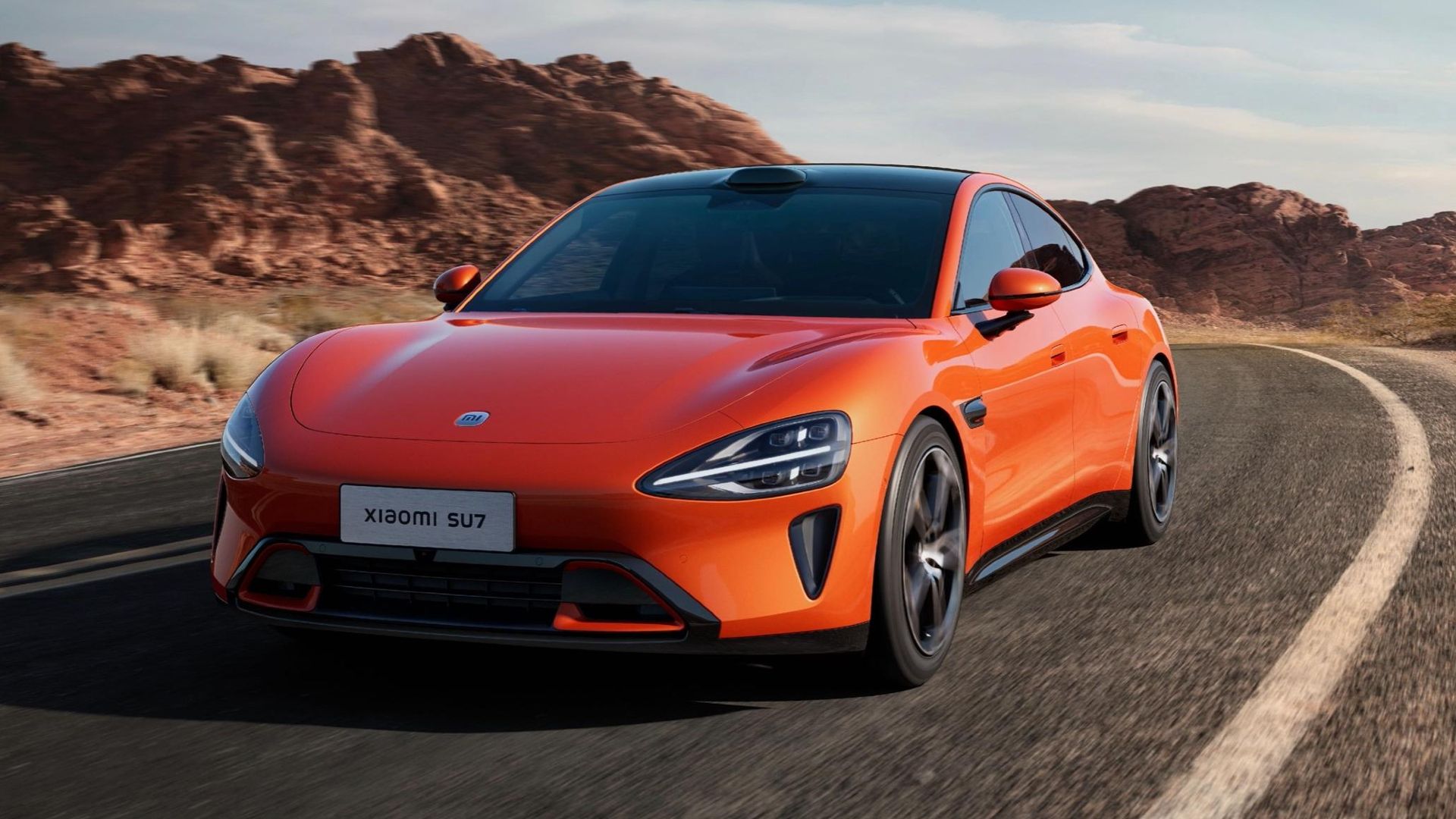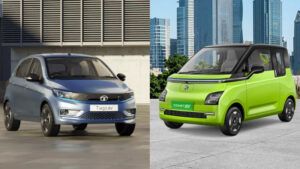Xiaomi, the Chinese tech giant, stunned the market with the impressive achievement of its latest electric vehicle. CEO Lei Jun said that SU7 sales have exceeded expectations, reaching an impressive 3-5 times higher than projected.
Setting a new standard in the EV industry, Xiaomi’s unexpected success cements its position as a strong market contender.
Lei Jun, during a live-streamed event in Beijing, revealed that SU7 deliveries started 12 days earlier than planned. Moreover, the early delivery by Xiaomi highlights its dedication to meeting customer expectations and shows its manufacturing and logistics prowess.
Also, the strong consumer response reflects the high demand for SU7, drawn by its technological expertise and brand reputation. Notably, the brand’s accomplishments in smartphones and consumer electronics have generated trust among prospective EV buyers.
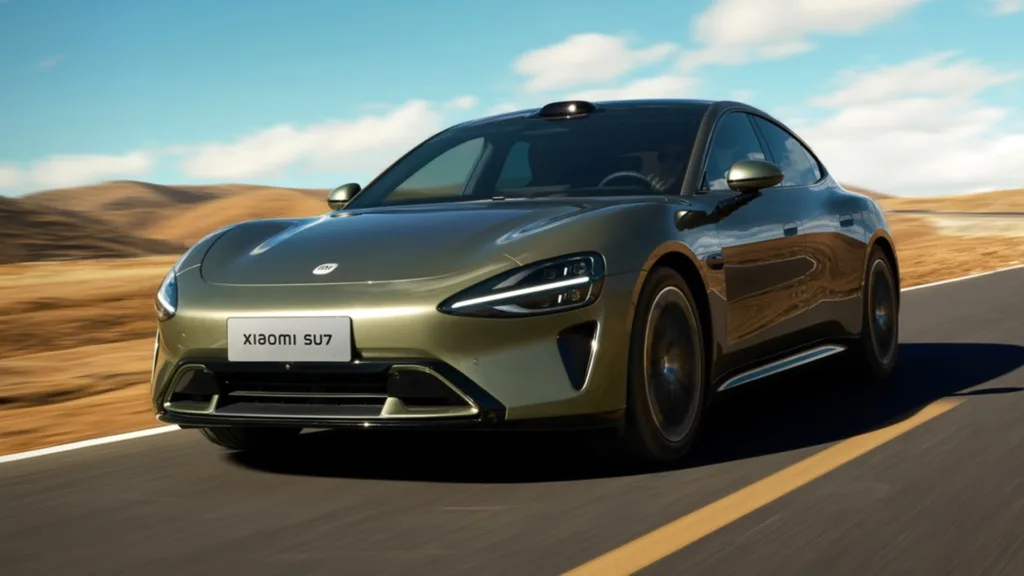
Xiaomi: Riding the EV Wave
Firstly, the SU7 sales success highlights the company’s competence in entering new markets with impact. By integrating tech expertise with customer focus, Xiaomi established itself as a contender in the dynamic EV market.
In recent years, China’s electric car market has experienced notable growth due to the government’s focus on cutting carbon emissions and encouraging sustainable mobility. Moreover, market projections indicate that the EV sector in China will maintain its upward trend in the coming years. Additionally, from 2024 to 2028, the EV market will see a consistent 5.69% annual growth, reaching US$398.0bn.
Both established manufacturers and newcomers, such as Xiaomi, have a great chance to leverage the growing demand.
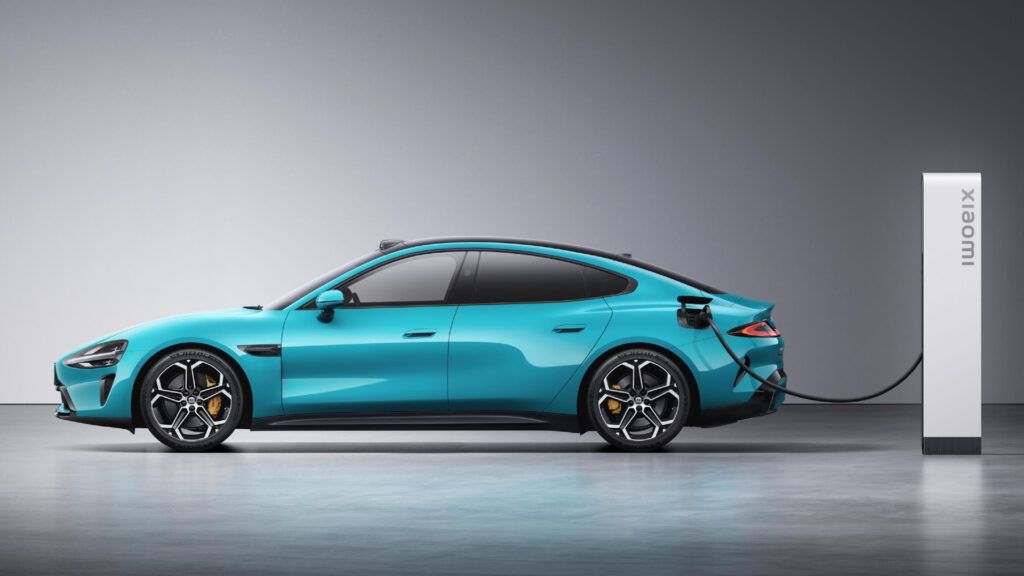
The Barrier to Widespread EV Adoption
It’s worth noting that Xiaomi’s surprising electric vehicle success also highlights industry challenges and issues. A notable challenge is the insufficient charging infrastructure for EVs. Despite government investment, the country needs more charging stations to match the rising number of EVs on the road.
Furthermore, the industry faces a challenge with the production expenses of electric vehicles. Although technology advancements have made EV components cheaper, electric car manufacturing costs remain high compared to traditional ICE vehicles. This cost aspect can hinder the widespread adoption of EVs, notably in price-sensitive markets.
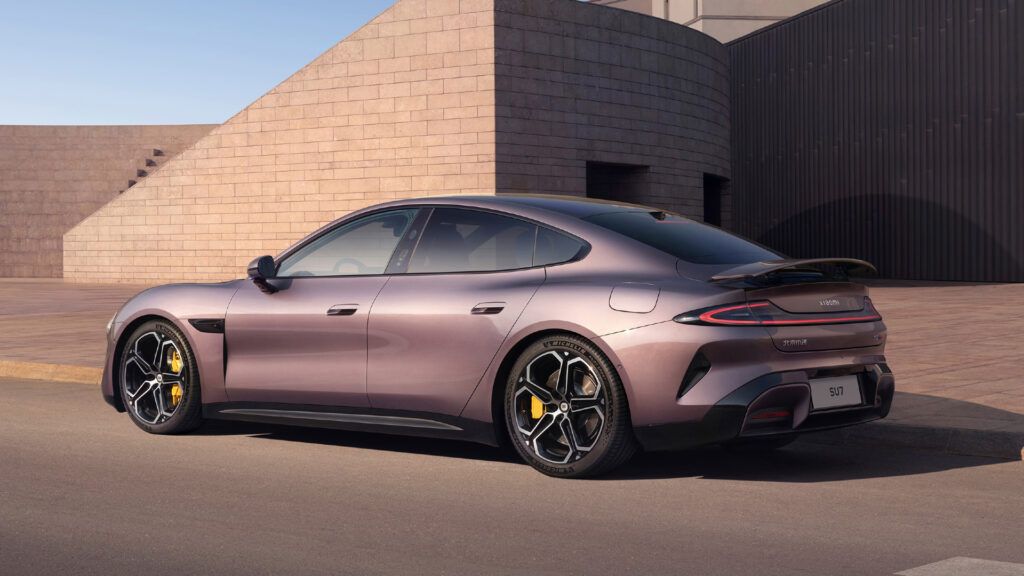
In Conclusion
The success of Xiaomi in the EV sector highlights the rising popularity and potential of this industry in China. In addition, outperforming sales projections shows the company’s competitive advantage and the demand for tech-driven EVs.
With the evolution of the EV industry, watching Xiaomi’s impact on market dynamics and sustainable transport will be interesting.

